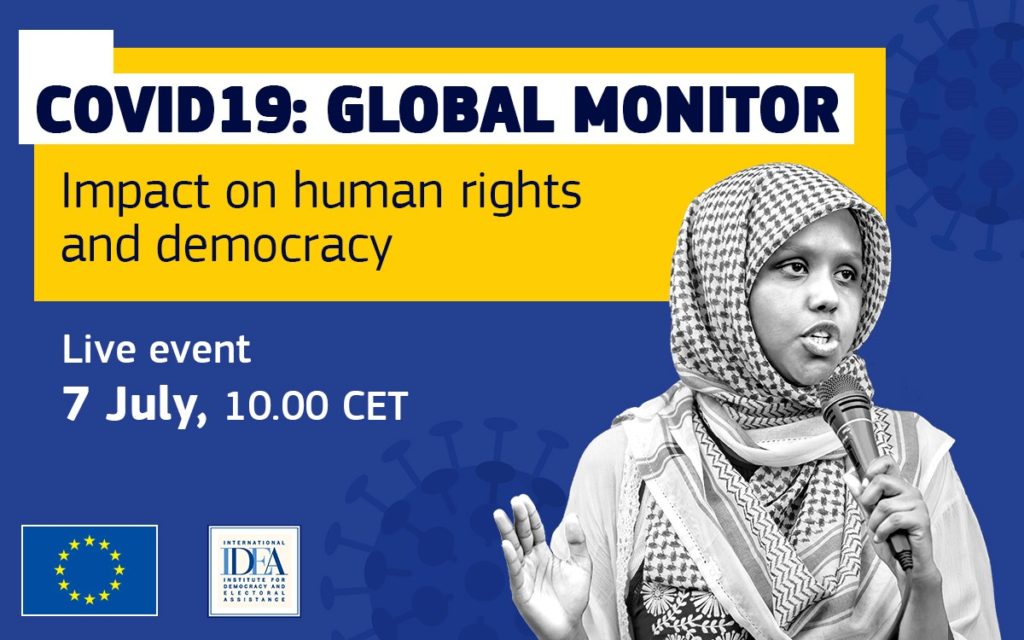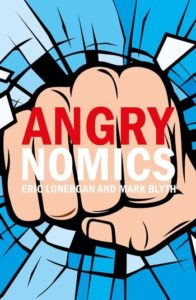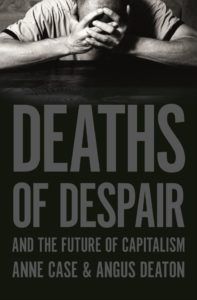
Covid-19 could transform western societies. But without a stable middle class, the state risks succumbing to plutocracy, says analyst Martin Wolf. In a democracy, people are not just consumers, workers, business owners, savers or investors. We are citizens. In today’s world, citizenship needs to have three aspects, he writes for The FT:
- loyalty to democratic political and legal institutions and the values of open debate and mutual tolerance that underpin them;
- concern for the ability of all fellow citizens to lead a fulfilled life;
- and the wish to create an economy that allows the citizens and their institutions to flourish.
 With the hollowing out of the middle class, even established western democracies are now in danger, the FT’s Wolf adds:
With the hollowing out of the middle class, even established western democracies are now in danger, the FT’s Wolf adds:
As Eric Lonergan and Mark Blyth argue in Angrynomics, the combination of adverse economic developments with manifest unfairnesses has made many people angry. In Deaths of Despair and the Future of Capitalism, Anne Case and Angus Deaton argue that these developments have also driven many into severe ill-health. They note that the death rates of middle-aged white Americans have risen since 2000. Something similar seems more recently to be happening in the UK. “Deaths of despair”, they suggest, “are prevalent among those who have been left behind, whose lives have not worked out as they expected.”
Into this already fraught situation has come the thunderstorm of Covid-19. This in turn has had at least five big effects, Wolf adds:
 First, it has caused an economic shutdown to curb the spread of the disease. This came at the expense of the young, who are relatively immune to the effects of the virus, and in favour of the old, who are the most vulnerable.
First, it has caused an economic shutdown to curb the spread of the disease. This came at the expense of the young, who are relatively immune to the effects of the virus, and in favour of the old, who are the most vulnerable.- Second, it has tended to hit women harder than men and the unskilled harder than the skilled. This is explained by the relatively high intensity of female employment in some hard-hit (and risky) service sectors and to the ability of a higher proportion of skilled people to work securely from home.
- Third, coronavirus seems set to exacerbate many prior inequalities. Some of the largest support has gone to the financial sector, as happened in the financial crisis.
- Fourth, the pandemic has forced vastly greater fiscal spending even compared with the financial crisis. This now raises the question of how this debt is going to be managed and who is going to pay.
- Fifth, the virus has demonstrated the power and resources available to the state….. Today, the demand not just for help from government but for help from competent government is back.
“Human beings must act collectively as well as individually. Acting together, within a democracy, means acting and thinking as citizens. If we do not do so, democracy will fail,” Wolf concludes.
The Global Monitor (above) is designed to be a useful tool for policymakers, academics, civil society, and journalists in their search for ways to understand the pandemic and its ramifications. International IDEA invites you to the launch of the monitor, produced with support from the European Union.
 International IDEA and the National Endowment for Democracy coordinated a recent appeal to defend democracy, an open letter signed by over 500 civil and political leaders.
International IDEA and the National Endowment for Democracy coordinated a recent appeal to defend democracy, an open letter signed by over 500 civil and political leaders.
SPEAKERS
– Jutta Urpilainen, EU Commissioner for International Partnerships
– Hannah Neumann, MEP – Vice-Chair of the Subcommittee on Human Rights, European Parliament
– Kevin Casas-Zamora, Secretary-General, International IDEA
– Yasmine Ouirhrane, Tech & Policy Expert, Founder of the podcast We Belong, EDD 2019 Young Leader
– Jessica Musila, Civil society practitioner, Open Governance Fellow at the Kenyan think tank Local Development Research Institute (LDRI)
– Elisenda Ballesté, Associate Programme Officer in Democracy Assessment and Political Analysis Unit, International IDEA
LOGISTICS
The launch will take place on 7 July 2020 from 10:00-11:00 (CET). To attend the event, you can register on the Webex platform or you can view the event streaming on Youtube without registration.







